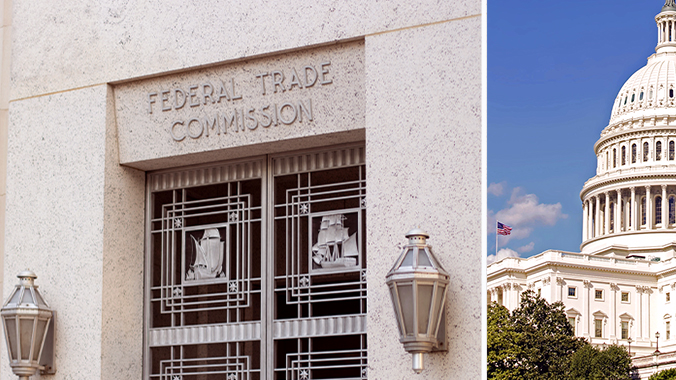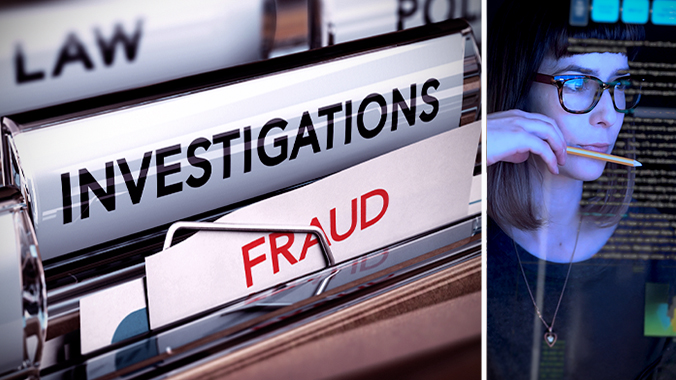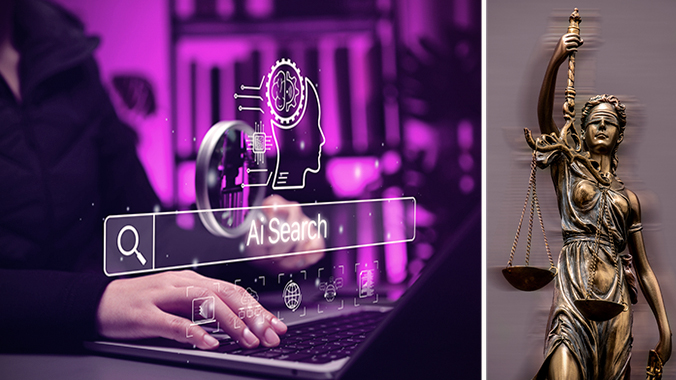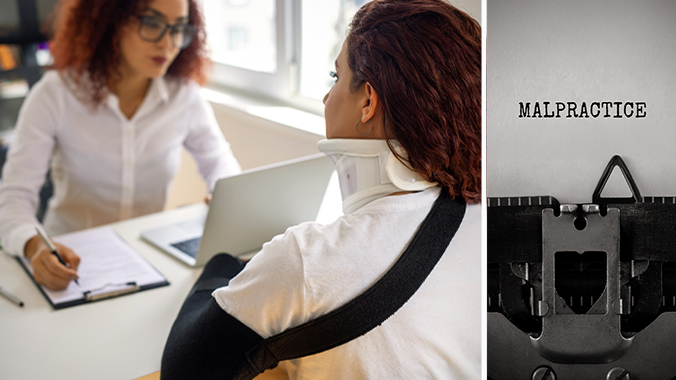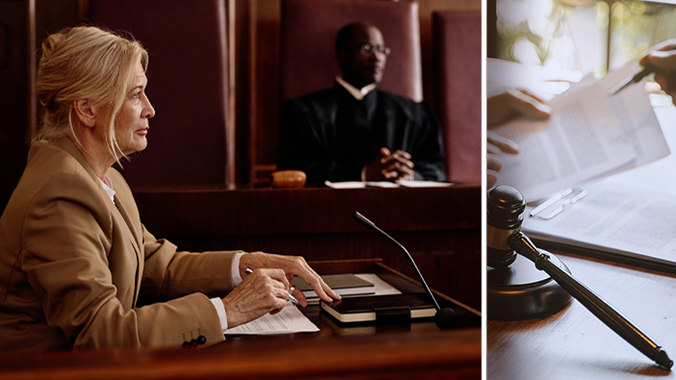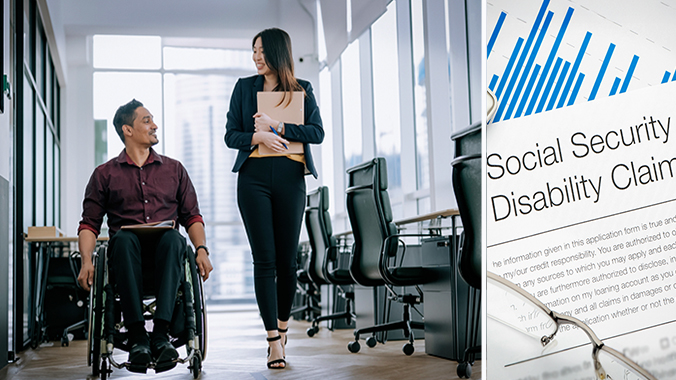The PTSD Litigation Toolkit: Neuropsychological Evidence, Strategic Case Development, and Client-Centered Advocacy



3 hour CLE
Get this course, plus over 1,000+ live webinars.
Learn More
Program Summary
Session I – PTSD in Legal Contexts: A Scientific and Psychological Guide for Attorneys – Dr. Alexandra Linscott
This session will provide attorneys with a practical and scientifically grounded analysis of Post-Traumatic Stress Disorder (PTSD), equipping legal professionals with the knowledge to navigate cases where psychological trauma plays a critical role. Moving beyond basic definitions, the session will delve into the neurobiology of trauma, highlighting how PTSD affects brain function, memory, and behavior, and examine how these changes may manifest in legal settings. Attorneys will learn to recognize behavioral and emotional indicators of PTSD in their clients, understand the diagnostic process and common comorbidities, and determine when referral for psychological evaluation may be appropriate. The session will also address the unique considerations PTSD raises in both plaintiff and defense cases, including questions of causation, credibility, malingering, and expert testimony.
Key topics to be discussed:
- Neurobiology of trauma
- Recognizing trauma-related symptoms
- PTSD diagnosis and related conditions
- When and how to refer for evaluation
- Legal applications of PTSD
- Credibility, malingering, and expert input
Session II – PTSD Evidence on Trial: Litigating Admissibility, Expert Testimony, and Psychological Injury Claims – Erin R. Applebaum
Psychological injuries—especially Post-Traumatic Stress Disorder—regularly shape the value and strategy of catastrophic-injury lawsuits, from mass-tort events and transportation accidents to product-liability and premises claims. Yet PTSD evidence is uniquely vulnerable to procedural attacks, insurer skepticism, and expert-witness pitfalls. Drawing on her track record securing eight- and nine-figure recoveries in complex, cross-border cases, Erin Applebaum will show how to transform clinical findings into admissible, persuasive courtroom proof. The session distills multi-jurisdictional admissibility rules (e.g., Daubert, Frye, treaty-based actions), best practices for working with forensic psychologists, and real-world tactics for impeaching unreliable assessments or exposing malingering. By session’s end, attorneys will know when to invest in robust PTSD development, how to defend or dismantle mental-health testimony, and how to translate diagnostic data into damages that withstand settlement negotiations and trial scrutiny.
Key topics to be discussed:
- Admissibility frameworks across venues
- Forensic assessment & documentation strategy
- Challenging/defending mental-health experts & detecting malingering
- Strategic discovery & motion practice
- Valuation & settlement dynamics
Session III – Navigating PTSD and Domestic Violence in Family Law: Addressing Post-Separation Abuse and Gender Bias – Emily R. Calvin
In this session, we will begin by identifying the intersections between PTSD, domestic violence, and our family court system. Attendees will gain a better understanding of how the trauma of abuse can directly affect a survivor’s experience of and ability to navigate our complex family court system. We will explore examples of post-separation abuse, including delay tactics and litigation abuse, and we will gain a better understanding of the role a protective parent’s safety plays in the best interests of their children. We will analyze the real-life impacts of gender bias in society, in ourselves, and in our courts, to discover ways we can prevent those biases from causing further harm to protective mothers in family court. Next, we will learn what it means to provide trauma-responsive lawyering, including how to recognize trauma responses in our clients and what we can do to minimize retraumatization through our legal representation. Attendees will discover why trauma-responsive lawyering is not only ideal but arguably proscribed by our Florida Rules of Professional Responsibility. Attendees will leave this session with a better understanding of the specific needs of and difficulties faced by mothers attempting to protect themselves and their children against abusive fathers through our family court system, as well as the necessity for lawyers to be trauma-informed in order to provide the competent, diligent, and zealous representation required of us.
Key topics to be discussed:
- The intersection of PTSD, DV, & family court
- Abuse and DV as trauma, PTSD, & complex PTSD
- Family court can retraumatize survivors of abuse
- Trauma-responsive lawyering
- How to recognize trauma responses in clients and what to do about it
- Why it should matter to lawyers
This course is co-sponsored with myLawCLE.
![]() Closed-captioning available
Closed-captioning available
Speakers
 Dr. Alexandra Linscott
Dr. Alexandra Linscott
Dr. Alexandra Linscott is a clinical and forensic psychologist with a specialized research background in PTSD and advanced expertise in its diagnosis and treatment. She regularly conducts psychological evaluations and provides expert witness testimony in civil, criminal, and immigration cases involving trauma-related claims, including emotional distress, asylum, diminished capacity, and disability determinations. For the first eight years of her career, Dr. Linscott worked at a maximum-security forensic psychiatric hospital where she provided treatment to individuals with serious mental illness and conducted complex forensic evaluations. Since 2017, she has worked in private practice as a forensic evaluator. She is a designated Qualified Medical Evaluator (QME) in the state of California and also provides forensic oversight for a competency restoration program serving individuals with developmental disabilities. Dr. Linscott is bilingual in Spanish and frequently conducts evaluations for monolingual Spanish speakers.
 Emily Calvin | Steven Kalishman, P.A
Emily Calvin | Steven Kalishman, P.A
Emily Calvin has extensive experience advocating for women, children, and survivors of abuse, both in and out of the courtroom. Before practicing law, Emily worked with various nonprofits to train community partners and advocate for the needs of survivors of domestic and sexual abuse. After becoming a Florida-licensed attorney in 2017, Emily began working at Three Rivers Legal Services, where she represented survivors of violence and abuse in Injunctions for Protection, Divorces, Paternity cases, and related family law matters. In 2023, Emily began working at Florida Legal Services, providing legal assistance and support through the Florida Domestic Violence Legal Helpline to survivors of crime and abuse throughout the state. In March of 2025, Emily joined Steven Kalishman, P.A., where she provides legal representation in family law cases with a focus on advocating for the rights of women, children, mothers, and survivors of domestic abuse. Emily also offers Victims’ Rights Advocacy for victims in criminal cases. Emily is passionate about providing empowerment-based, trauma-responsive, holistic legal care to those seeking support while navigating our complex judicial systems.
 Erin R. Applebaum | Kreindler & Kreindler LLP
Erin R. Applebaum | Kreindler & Kreindler LLP
Erin has dedicated her career to seeking justice for people harmed during air travel. As a partner in Kreindler’s aviation practice, she represents the interests of passengers severely injured or killed in general aviation accidents and commercial airline disasters. Erin is currently on the team representing numerous victims of the DCA midair collision and is also handling cases on behalf of several passengers from the February 2025 Delta Air Lines crash in Toronto. She is widely considered a foremost authority on litigating claims governed by the Montreal Convention, the international treaty on commercial air travel.
Erin’s other major cases at Kreindler include the Southwest Airlines Flight 1380 catastrophic engine failure and the Liberty Helicopters doors-off tour helicopter crash in the East River. For the past six years, Erin has played a key role in Kreindler’s fight against Boeing in the Ethiopian Airlines Flight 302/737 MAX litigation. She was appointed by the court as a member of the Plaintiffs’ Executive Committee for the Ethiopian Airlines Flight 302 cases and was instrumental in the victims’ families’ effort to overturn the Deferred Prosecution Agreement (DPA) between Boeing and the Department of Justice (DOJ).
For 2023-24, Erin was appointed co-chair of the Aeronautics Committee of the New York City Bar Association.
Erin is a regular speaker at aviation conferences on topics ranging from recent developments in aviation law to the prosecution of foreign air crashes. She teaches a highly regarded CLE course, “Montreal Convention for Plaintiffs’ Lawyers: Representing Passenger Personal Injury Claims Arising on International Flights.”
Erin frequently contributes insight on a variety of aviation-related topics to media outlets and has published numerous articles concerning the legal rights of passengers injured or killed during international travel. Her contributions have been featured in the prestigious McGill University Annals of Air and Space Law and the International Comparative Legal Guides (ICLG). She has given interviews on aviation topics to every major media outlet, including the New York Times, Bloomberg, the Wall Street Journal, the Seattle Times, Reuters, and NPR. Erin was the featured guest on the Airplane Geeks podcast to discuss the ongoing saga involving Boeing and the 737 MAX.
Erin currently serves as Co-Chair of the New York City Bar Association’s Air and Space Law Committee and as a vice chair of the American Bar Association’s Aviation and Space Law Committee. Erin is a graduate of the 2018-19 class of the ABA’s Leadership Academy, an honor bestowed upon only 20 young attorneys nationwide. She also participates in a mentorship program through her alma mater, offering guidance to current Brooklyn Law students who demonstrate an interest in plaintiffs’ litigation or aviation law.
Erin earned her Bachelor’s Degree in Political Science in 2007 from the University of Miami in Coral Gables, Florida and her Juris Doctor in 2010 from Brooklyn Law School in Brooklyn, New York. She is a native of Florida, where she currently lives with her husband and two young children.
Agenda
Session I – PTSD in Legal Contexts: A Scientific and Psychological Guide for Attorneys | 1:00pm – 2:00pm
- Neurobiology of trauma
- Recognizing trauma-related symptoms
- PTSD diagnosis and related conditions
- When and how to refer for evaluation
- Legal applications of PTSD
- Credibility, malingering, and expert input
Break | 2:00pm – 2:10pm
Session II – PTSD Evidence on Trial: Litigating Admissibility, Expert Testimony, and Psychological Injury Claims | 2:10pm – 3:10pm
- Admissibility frameworks across venues
- Forensic assessment & documentation strategy
- Challenging/defending mental-health experts & detecting malingering
- Strategic discovery & motion practice
- Valuation & settlement dynamics
Break | 3:10pm – 3:20pm
Session III – Navigating PTSD and Domestic Violence in Family Law: Addressing Post-Separation Abuse and Gender Bias | 3:20pm – 4:20pm
- The intersection of PTSD, DV, & family court
- Abuse and DV as trauma, PTSD, & complex PTSD
- Family court can retraumatize survivors of abuse
- Burdens of proof
- Post-separation dangerousness and litigation abuse
- Best interests of the child and safety of protective parents
- Gender, sexism, and treatment of mothers versus fathers in family court
- Trauma-responsive lawyering
- How to recognize trauma responses in clients and what to do about it
- Common trauma responses
- Techniques to minimize retraumatization and triggers
- Why it should matter to lawyers
- FL Rules of Professional Responsibility
- Outward lawyering (in court, negotiations, and communication with OC & Court) v. inward lawyering (client communication & “bedside manner”)
- Believe clients and do your due diligence
- How to recognize trauma responses in clients and what to do about it
Preview
More CLE Webinars
Trending CLE Webinars




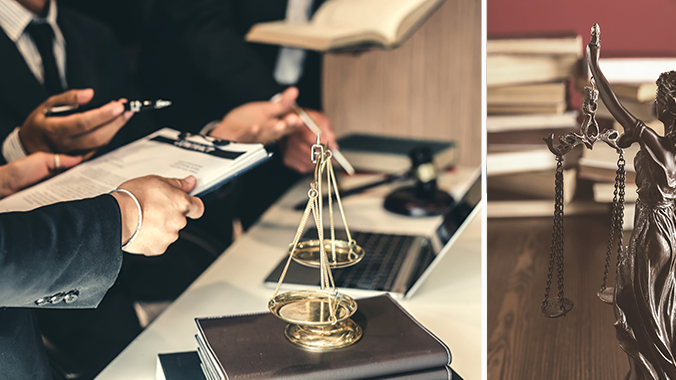

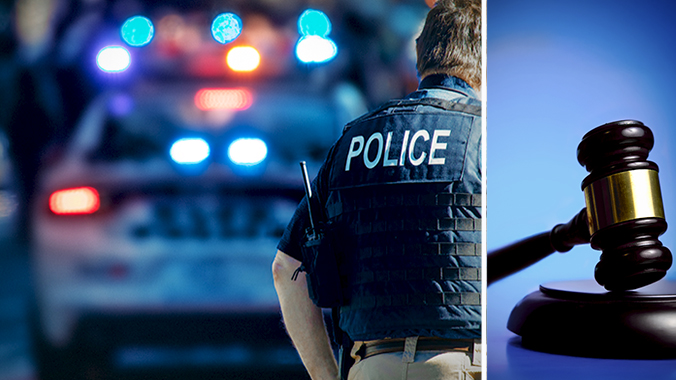

Upcoming CLE Webinars


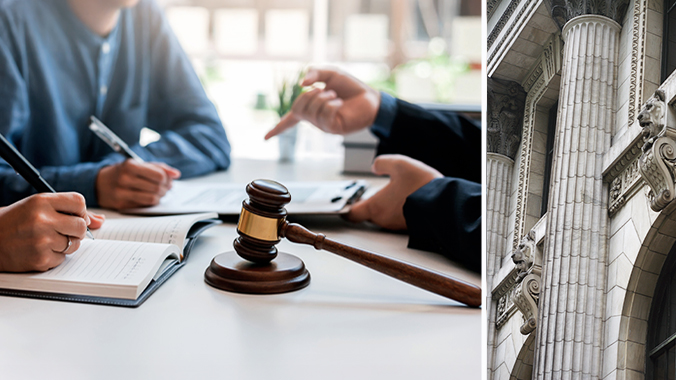
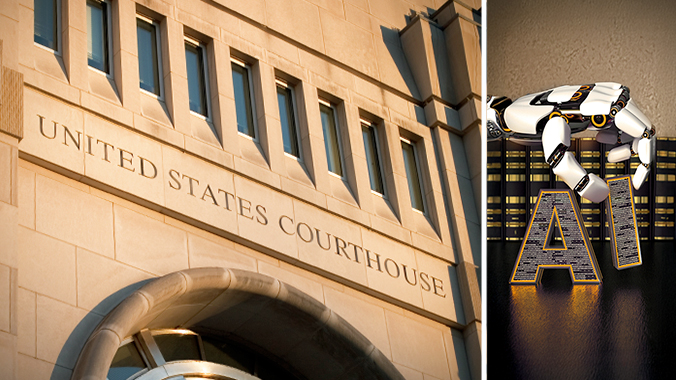




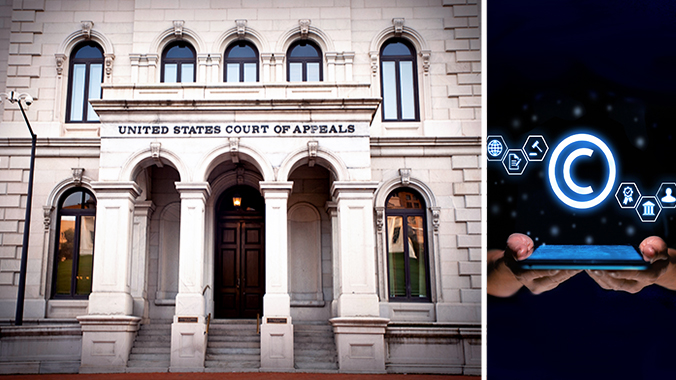










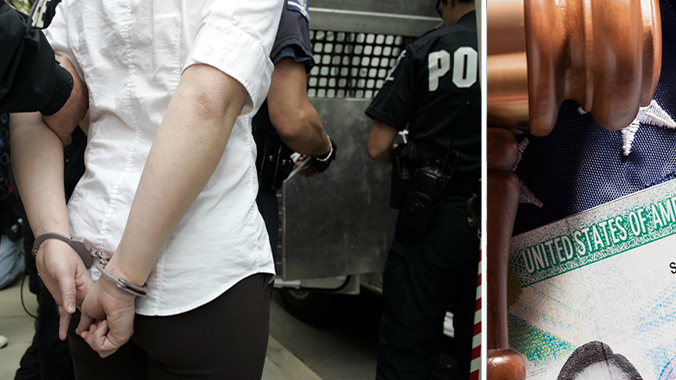





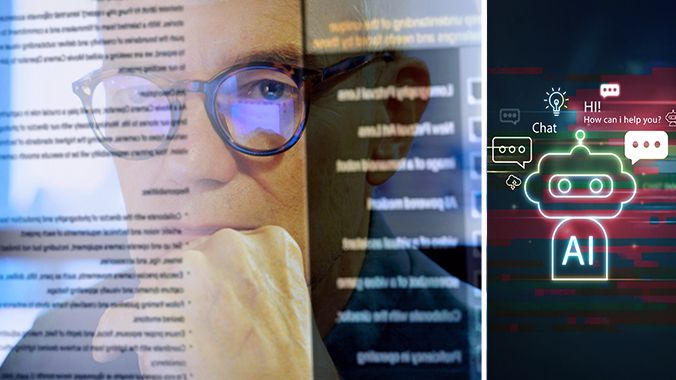

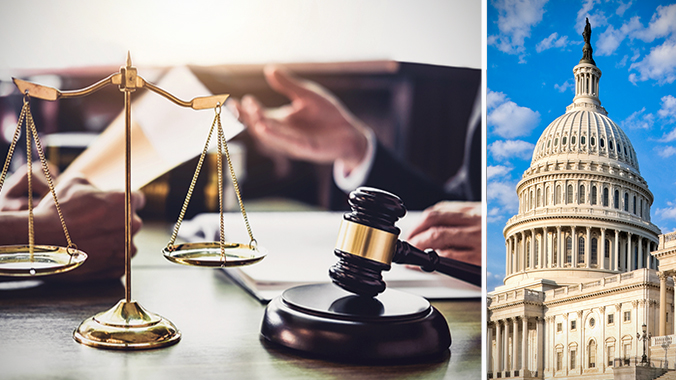
![5th Annual Tax Rep Summit [3-Day Event] (Presented by Tax Rep)](https://miamidadebarcle.org/wp-content/uploads/2025/10/Product_img_-5th-Annual-Tax-Rep-Summit.jpg)

